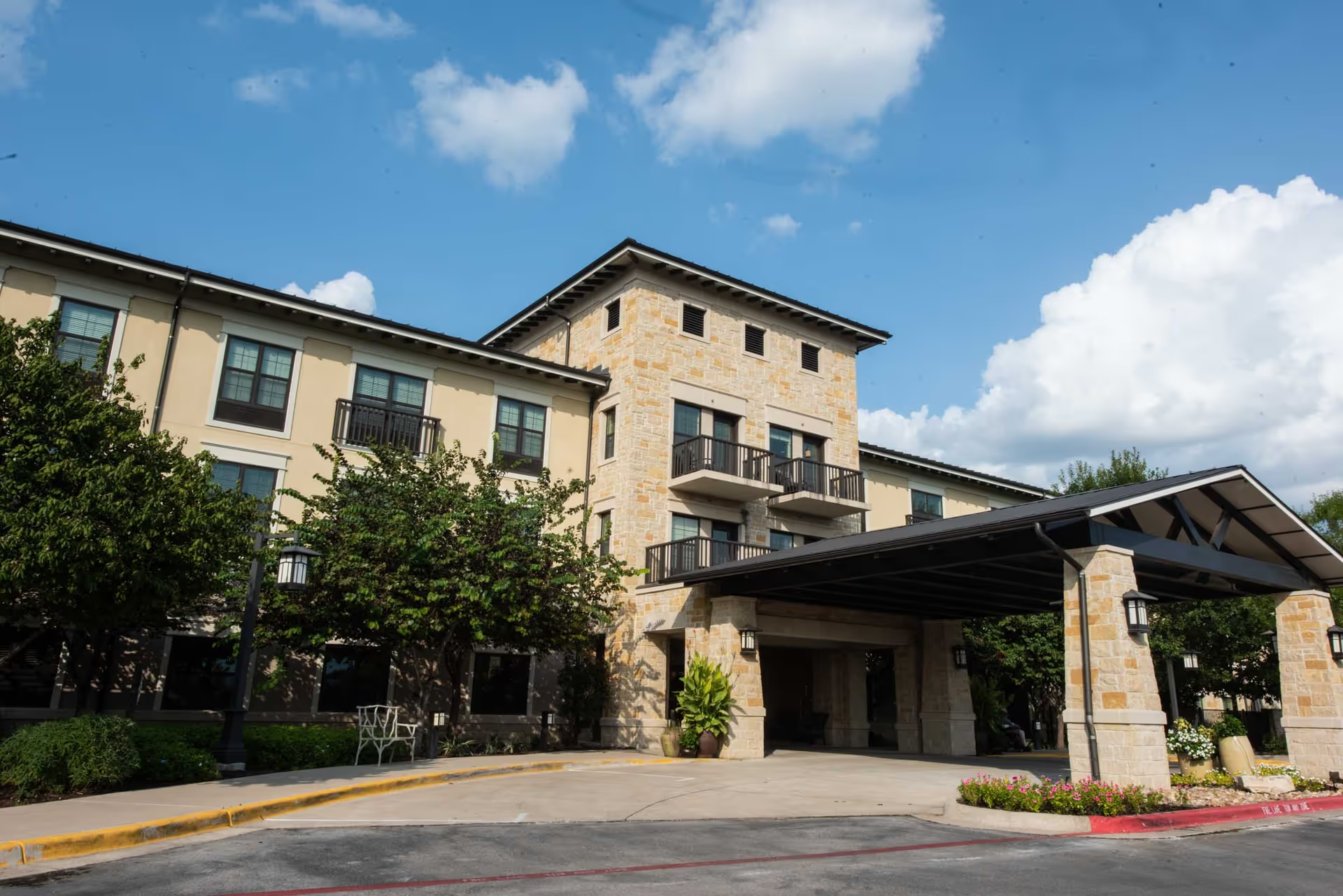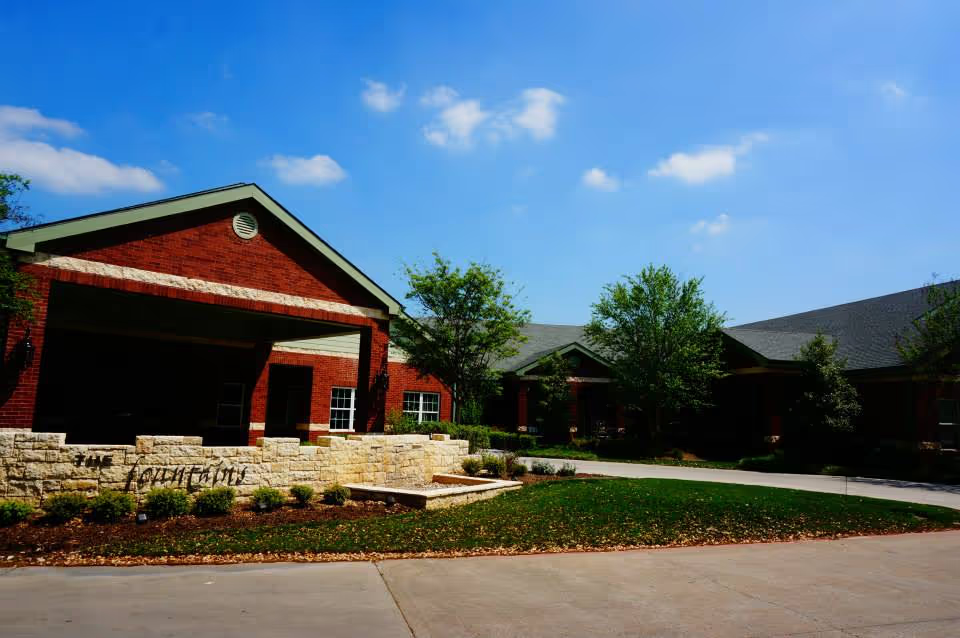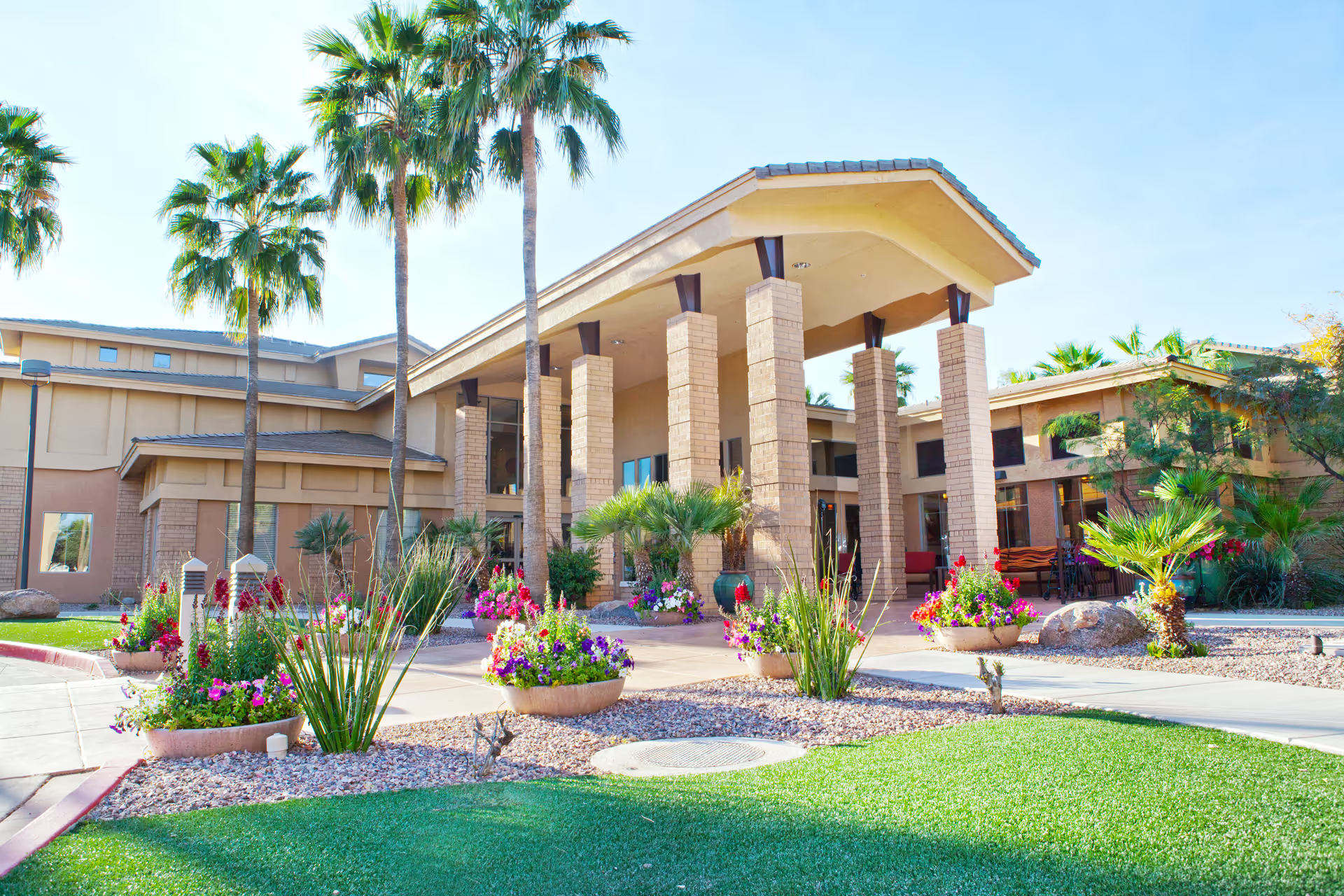Overall sentiment across reviews is strongly mixed, with two clear and recurring themes: the rehabilitation/therapy program and many frontline caregivers receive enthusiastic praise, while staffing shortages and inconsistent standards of care produce significant and sometimes serious problems for other residents.
Strengths: A large portion of reviewers emphasize that Kirkwood Manor has an outstanding rehab and therapy department. Multiple comments call it the best in the area, noting personalized therapy plans, knowledgeable PT/OT/speech staff, matched equipment, focused walker training, and measurable functional gains. Short‑term rehab patients commonly report returning home stronger and safer. The activities program and activities director also earn repeated commendations: bingo, crafts, live musicians, ice cream socials, FaceTime visits, holiday events, and a steady calendar are highlighted and often described as meaningful to residents' quality of life. Many reviewers describe the facility as clean, recently renovated in parts, and well‑maintained; housekeeping is frequently praised for daily room upkeep and an absence of odor. Additional positives include hospice coordination, an on‑site beauty salon, friendly common areas and social dining, and a number of long‑tenured, compassionate staff members (several by name) who families say go above and beyond.
Weaknesses and risks: Despite these strengths, numerous reviews describe chronic understaffing and inconsistent staff quality. The most common complaints relate to slow or missed call‑button responses, residents being left soaked or not dressed, infrequent showers or bedding changes during some stays, and a feeling that staff are rushed or not present on the floor. These operational shortcomings have been tied in multiple reports to serious safety concerns: instances of poor tracheotomy care and unsafe clinical lapses, delayed emergency responses, wound care teams described as complacent by some families (with concerns about infection/sepsis risk), and at least one report of an outcome where family believed care problems contributed to death. Such reports are not isolated—multiple families raised alarms about negligence, and some stated intentions to file complaints.
Variability and inconsistency: A striking pattern is the wide variability in experience depending on shift, unit, or specific staff members. Many reviews are effusive about individual nurses, therapists, CNAs, or supervisors who provided excellent communication, respect, and clinical skill. At the same time, other reviewers describe rude leadership, unresponsive administrators, phone systems that do not get answered, and front desk or office staff who were not helpful. Laundry problems (lost clothing), meal complaints (food described by many as terrible or lacking nutrition), and small or shared rooms that feel dim and dull further contribute to inconsistent satisfaction. Some families report that their loved ones experienced mostly positive short‑term rehab stays with good outcomes, whereas others experienced ongoing neglect, insufficient therapy time, and poor follow‑through.
Facility and logistics: Many reviewers appreciate recent interior updates, a bright and clean environment, and convenient location near shopping. However, the building is described by others as older, with cramped rooms and near‑capacity crowding. Practical concerns appear repeatedly: parking and accessibility, blocked ramps or transport delays, and even a reported incident with a facility van left running with keys inside. These operational lapses add to worries about overall management and safety practices.
What this means for families: Kirkwood Manor appears to offer real strengths in rehabilitation, therapy expertise, activities, cleanliness, and a number of highly committed caregivers who deliver excellent person‑centered care. At the same time, recurring issues around staffing levels, inconsistent clinical standards, food quality, laundry/household management, and occasional serious safety lapses mean that families should approach placement with careful questions and close monitoring. For families considering Kirkwood Manor, recommended due diligence includes: visiting in person (including nights/weekend observations if possible), asking about current staffing ratios and turnover, inquiring about wound‑care protocols and recent infection/inspection records, clarifying laundry and personal‑belonging procedures, confirming therapy schedules and daily treatment minutes, discussing dining options for special diets and swallowing problems, and obtaining direct contact names for administrators and clinical leads.
In summary, Kirkwood Manor garners both strong endorsements—especially for rehab outcomes, therapy staff, activities and many compassionate caregivers—and serious criticism tied to understaffing, inconsistent care, and safety/management concerns. The facility may be an excellent choice for some short‑term rehab needs where therapy strengths and active programming are priorities, but the variability in night/weekend coverage, clinical consistency, and responsiveness warrants caution for long‑term placement or residents with high nursing/safety needs.







